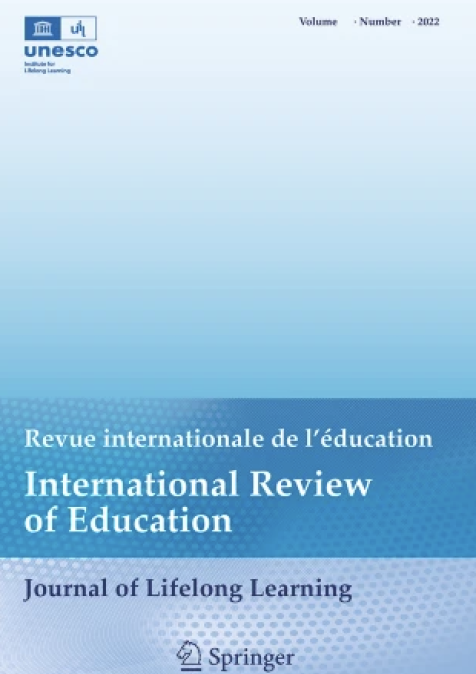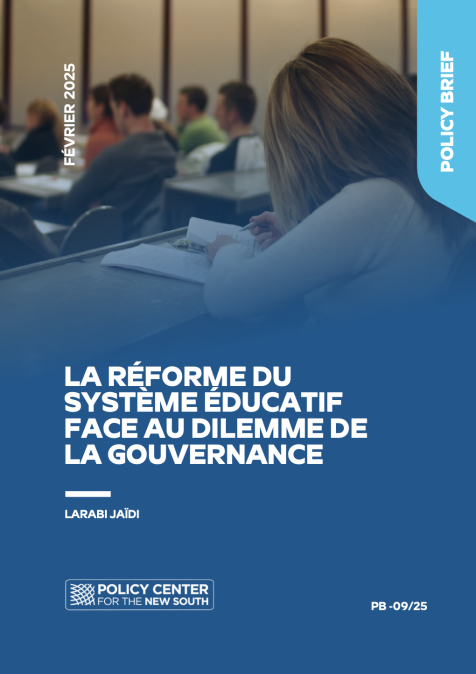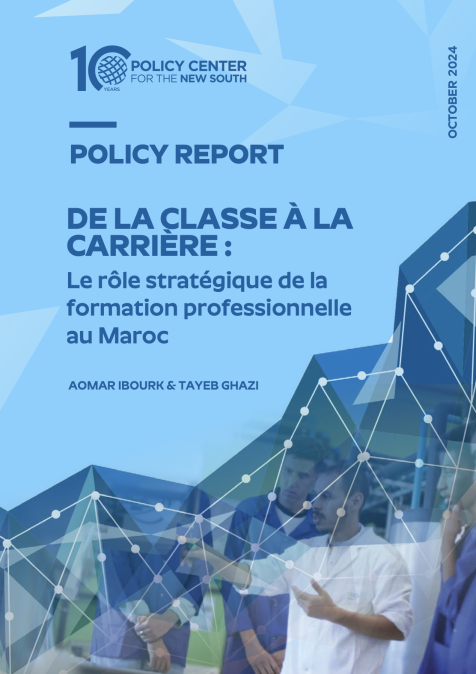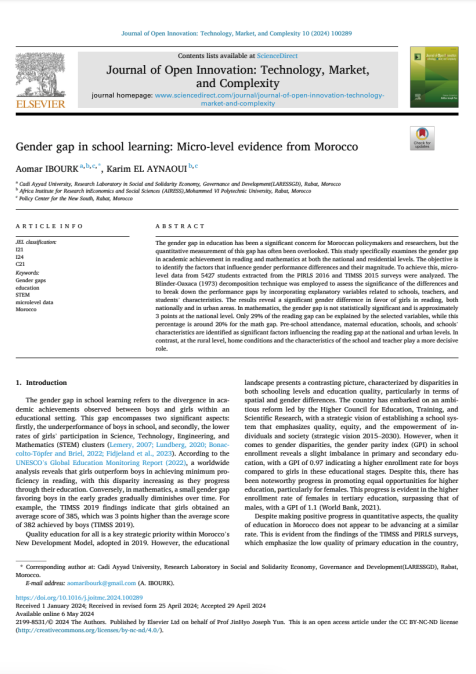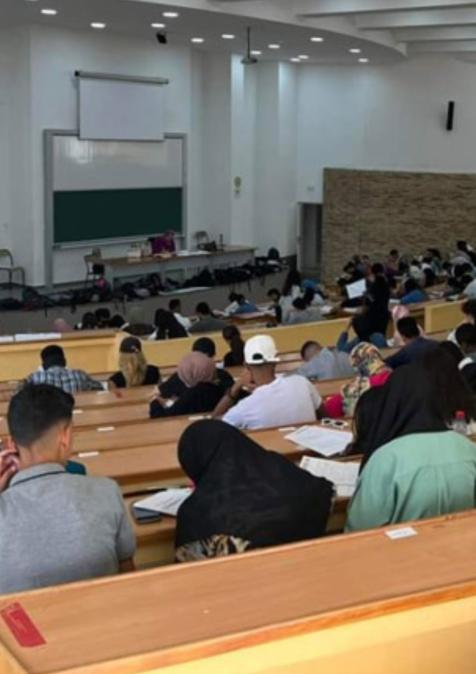Publications /
Opinion
UNESCO is leading a two-year consultation process to draft a Recommendation on Open Science in order to increase citizen engagement with science and improve the distribution and production of science globally. An intergovernmental special committee meeting of technical and legal experts reviewed the draft text of the UNESCO Recommendation on Open Science in May 2021. An approved draft will be shared with Member States in August 2021, and will go to the 41st session of the UNESCO General Conference for adoption in November 2021.
The development of the UNESCO Recommendation on Open Science “relies on an inclusive, transparent and consultative process involving all countries and all stakeholders.” In a 2020 paper prepared for the Canadian Commission for UNESCO, Chan, Hall, Piron, Tandon, and Williams, argue that our understanding of Open Science must go beyond issues of Open Access and propose considerations to help “bring about a fair, decolonial Open Science.”
Open Science requires collective action to further the decolonization of knowledge, space, relationships, and systems of governance and decision-making. As key stakeholders, educational and research institutions, such as universities, ought to champion structural reforms that effectively address the barriers preventing marginalized individuals and communities from accessing, producing, disseminating, and protecting information and knowledge. This process of decolonization requires scholars, educational institutions, students, governments, and multilateral organizations, to move beyond inclusion and access. Gaudry and Lorenz argue that universities often fail to enact the substantial structural change needed to decolonize institutions and knowledge systems when they consider the hiring or inclusion of Indigenous scholars as sufficient for indigenization. Being included in spaces that reinforce the marginalization, othering, and tokenization of equity-seeking communities can contribute to greater harm and further perpetuate limited conceptions of Open Science.
Reframing our Understanding of Open Science
If the process of developing a global recommendation on Open Science is to be successful in engaging with diverse epistemologies, knowledges, and peoples, then mainstream understandings of Open Science and Open Access will need to be challenged and reimagined.
Open Science policies, which are predicated on narrow understandings of openness, accessibility, and objectivity, do not effectively capture the ethos of science, as defined in the 2017 UNESCO Recommendation on Science and Scientific Researchers. These limited understandings are influenced by inequitable power structures and systems that result in the systematic exclusion of marginalized communities’ scientific practices, traditional knowledge systems, and cultures. For example, many academic institutions’ policies on Open Access largely focus on making information available, rather than accounting for diverse accessibility factors, including the needs of differently abled or disabled persons, literacy, and the affordability, reliability, credibility, and security of information and information systems. The availability of information does not equate to its accessibility, yet the practices of many institutions center on creating databases of research, the content of which is largely in English and access to which is limited by institutional affiliations and subscriptions.
Moreover, disciplinary silos within universities and organizations limit openness and opportunities for collaboration, especially when structures are not in place to advance understanding of the ways in which subject matters intersect and relate to one another. Scientific knowledge is only understood by select groups of experts that work in disciplinary niches. Opportunities to work with individuals and groups outside the ‘ivory tower’ are too often missed, to the detriment of science and society.
Existing Open Data policies treat information and knowledge as if they are resources and commodities to be extracted and exploited. Historically, attempts have been made to restrict access to the knowledge of Black, Indigenous, racialized, gender and sexually diverse, and other marginalized persons, as a means to impoverish and oppress these communities. Knowledge is often criminalized or marginalized based on who is presenting, benefitting, and using the knowledge.
Exploitative scientific practices and systems can be addressed by reconceptualizing data as relationships that ought to be protected, nurtured, and engaged with in consensual and ethical ways. Actors and institutions active in knowledge mobilization, including governments, civil society, academia, think tanks, and multilateral bodies can draw lessons from the CARE Principles for Indigenous Data Governance, which work to center people, purpose, and self-determination in Open Data movements.
Science with, for, and by Communities: Beyond Inclusion and Empowerment
Open Science is a human rights and justice issue. Access to information is intrinsically tied to the right to know and the right to exist. The epistemologies and knowledges of Indigenous Peoples, scholars from the Global South, and other systematically marginalized groups are central to the lives of millions of people around the world. Despite being under-resourced, excluded, and dismissed, these epistemologies and communities are already enriching science. Yet, they are often not reflected in the curriculums, faculties, or priorities of universities or academia. Instead, the work and knowledge of a select, privileged few is highlighted, valued and amplified: namely those who are white, male, educated in select institutions, speak English, benefit from the Western academic system of citations and publications, and have access to financial and other resources.
To meaningfully advance science with, for, and by all communities, universities should address structural barriers preventing science from being truly open. Members of the scientific community, including universities, ought to adopt the recommendations made by Chan et al on self-governance, funding, translation, access, and digital infrastructure, in order to advance more equitable, just, and decolonial policies and practices on Open Science. In addition to these recommendations, universities should reflect on the ways in which they conceptualize and understand knowledge, expertise, and value. Governments and institutions that fund research should provide substantial and sustainable resources for research that is led, designed, and implemented by individuals and communities, whose epistemologies, cultures, identities, and languages have been traditionally under- or un-represented or excluded. The terms and eligibility requirements for funds should be developed in ways that do not systematically exclude marginalized populations. To overcome exploitative, voyeuristic, and extractive scientific practices, research agendas and priorities should be developed by communities. Academic institutions and scientists should look beyond liability and risk management, and instead develop ethical frameworks and practices that are rooted in the protection and support of marginalized and vulnerable populations.
Overall, Open Science policies developed and adopted by the scientific community should facilitate the revitalization, preservation, safeguarding, accessibility, valuing, and resourcing of knowledge from all communities. This will help ensure that science is better able to serve all of humanity, rather than the interests of a select few.
Author’s Note: I would like to thank Dr. Eleanor Haine for her guidance and support in drafting this article and the Canadian Commission for UNESCO (CCUNESCO) for providing me with an honorarium to support my work in relation to this piece.
The author is an alumna of the 2019 Atlantic Dialogues Emerging Leaders program.

